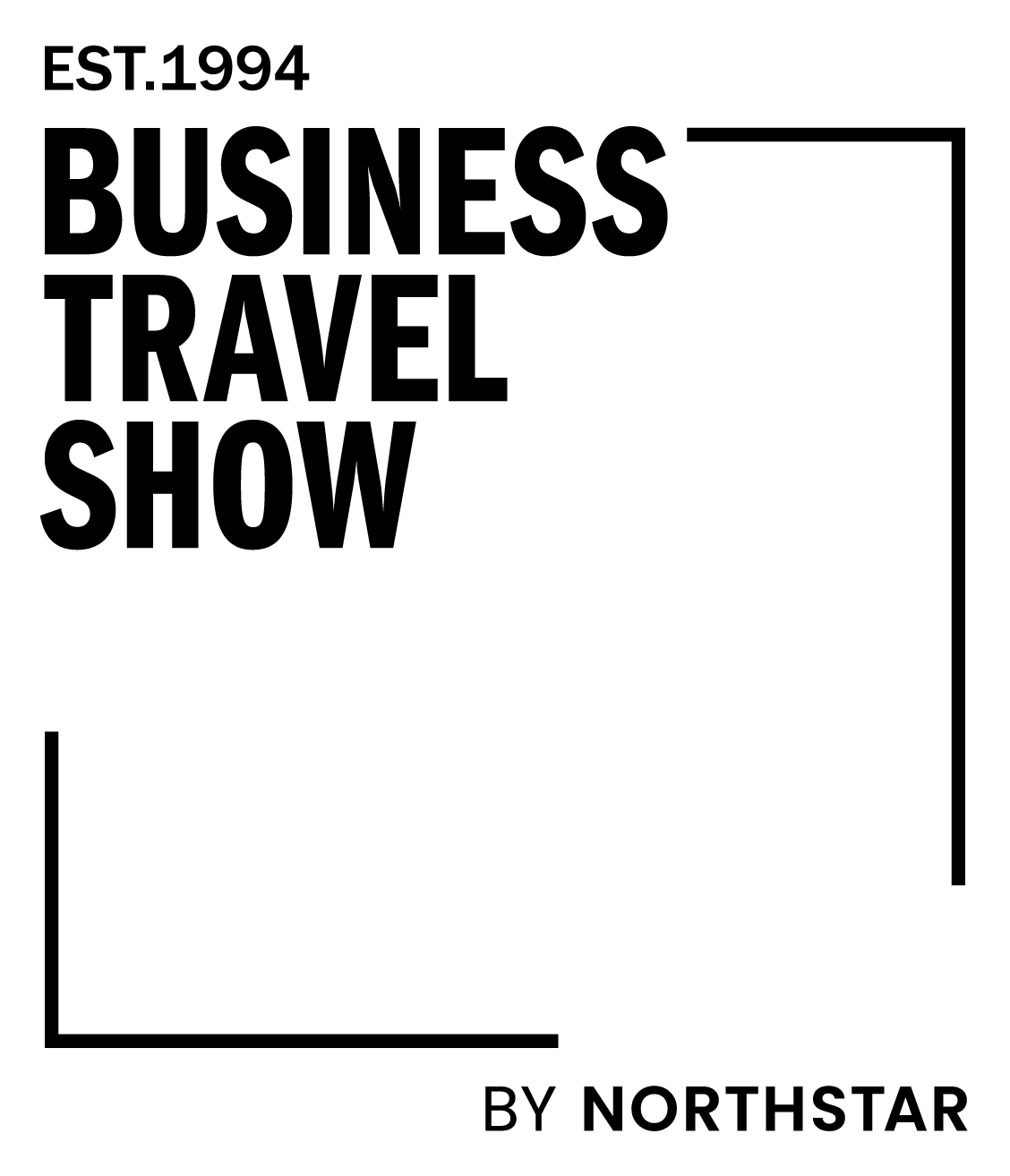Accessible travel is a team effort
)
In June 2022, Victoria Brignell, who is paralysed from the neck down and a wheelchair user, was abandoned on an empty aircraft for an hour and a half after the specialist staff booked to lift her safely from the plane failed to appear.
The image showing Victoria left in her seat alone is enough to shame any airline boss and rightly received widespread condemnation when it was posted online and shared thousands of times.
The incident saw a huge uplift in calls for airlines, hotels, train companies and other travel providers and suppliers to do more to provide an accessible and equal experience for all travelers.
A quick search through social media and you will find countless posts from people retelling their nightmare stories of trying to travel with a disability - from lost wheelchairs to restricting drinking to avoid needing the toilet. A travel manager at last year’s annual ITM conference was quoted as saying: “In many cases employees with disabilities just avoid travel and all the associated benefits and opportunities it gives.”
Accessible experience
A 2022 study by consultancy Accessio, which surveyed 346 travel managers found four in 10 business travelers have accessibility requirements that can affect their travel experience. More than 70 percent of travel managers, however, said they either don't know or can't estimate how many of their own travelers have such requirements, particularly since some are hidden such as chronic pain, neurodiversity or mental health challenges.
A separate study by travel agency MMGY Global of around 2500 disabled travelers in the United States found a massive 96% have faced a problem with accessible accommodation while traveling. Four in 10 have had their mobility aid lost or damaged by an airline and six in 10 have experienced extended wait times for mobility assistance at the airport before or after their flight.
Special assistance
Slowly the industry is waking up and we are seeing action to make travel accessible for all. In May, CWT launched its Special Assistance offering that provides an accessible and equal experience for travelers with visible and non-visible disabilities.
The Special Assistance service is tailored to meet the unique needs of each individual traveler, with a broad range of support capabilities and services. This includes arranging: airport and airline services such as TSA Cares, service animal reservations, multi-sensory rooms, and fast-track immigration; train and station special service requests such as wheelchair assistance; and suitable hotel accommodation like rooms with reduced mobility facilities.
The Global Business Travel Association (GBTA) has developed a toolkit to help buyers address traveler accessibility in their policies and practices. The toolkit is the result of industry-wide collaboration to drive best practices and meaningful change in supporting business travelers with visible and non-visible disabilities.
While the travel industry has started to take meaningful steps towards inclusivity, there is still a long way to go to ensure accessible travel for everyone. The widespread sharing of personal stories and the pressure from travelers with disabilities are painful to hear but crucial in maintaining momentum and driving further change. Initiatives like our Special Assistance and the GBTA’s accessibility toolkit are promising advancements, but continuous efforts and collaboration are needed. By addressing the needs of travelers with visible and non-visible disabilities, we can move towards a future where everyone can enjoy the benefits and opportunities that travel provides without facing unnecessary barriers.










